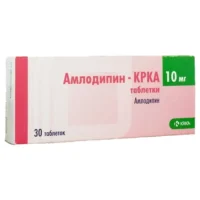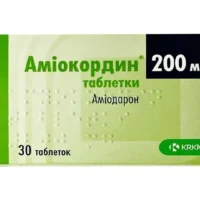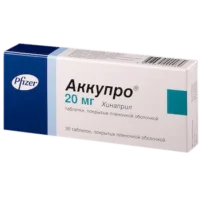Description
Izocet Spray 15 ml. 300 Doses
Ingredients:
Izocet Spray contains active ingredient cetirizine hydrochloride, an antihistamine that helps relieve allergy symptoms.
Mechanism of Action:
Cetirizine hydrochloride acts as a selective antagonist of peripheral H1-receptors. By blocking the effects of histamine, it inhibits allergic reactions and reduces symptoms of allergic rhinitis.
Pharmacological Properties:
Cetirizine exerts its pharmacological effects by preventing histamine-induced symptoms through its antihistaminic activity. It has a rapid onset of action and provides long-lasting relief from allergic symptoms.
Indications for Use:
Izocet Spray is indicated for the relief of nasal allergy symptoms such as sneezing, runny nose, itching, and congestion in adults and children over 6 years old.
Contraindications:
Do not use Izocet Spray if you are allergic to cetirizine, hydroxyzine, or any other ingredients in the spray. Avoid use in patients with severe renal impairment or end-stage renal disease.
Side Effects:
Common side effects of Izocet Spray may include headache, dizziness, dry mouth, fatigue, and gastrointestinal disturbances. In rare cases, it may cause allergic reactions or liver function abnormalities.
Usage Instructions:
For adults and children over 6 years old: Administer 1-2 sprays in each nostril once a day. Shake the bottle gently before each use. Insert the nozzle into the nostril and press down to spray. Breathe in gently after administration.
Benefits Compared to Analogues:
Izocet Spray offers the advantage of a convenient nasal delivery system with precise dosing, ensuring effective symptom relief with reduced systemic exposure compared to oral antihistamines. Its rapid onset of action and long duration make it a preferred choice for managing allergic rhinitis.
Suitable Patient Groups:
Izocet Spray is suitable for use in children over 6 years old, adults, and the elderly. However, individual response may vary, and dose adjustments may be necessary in elderly patients or those with hepatic or renal impairment.
Storage Conditions and Shelf Life:
- Storage: Keep Izocet Spray at room temperature, protected from light and moisture. Avoid storing in the bathroom or near heat sources.
- Shelf Life: The shelf life of Izocet Spray is typically 24 months from the manufacturing date. Do not use the spray beyond the expiration date printed on the packaging.
Packaging Description:
Izocet Spray is supplied in a 15 ml bottle with a nozzle for nasal administration. The packaging contains 300 doses, providing a sufficient supply for regular use over an extended period.
Clinical Evidence and Proven Effectiveness:
Cetirizine, the active ingredient in Izocet Spray, has been extensively studied for its efficacy in treating allergic rhinitis. Clinical trials have demonstrated that cetirizine effectively reduces nasal symptoms associated with allergies, improving quality of life and overall symptom control. Studies published in reputable journals such as the Journal of Allergy and Clinical Immunology and the Annals of Allergy, Asthma & Immunology have supported the use of cetirizine in managing allergic conditions.





